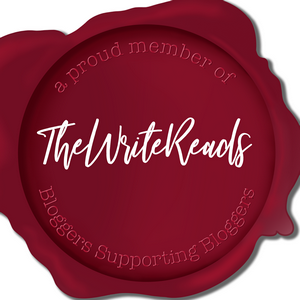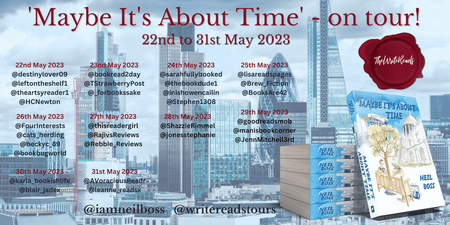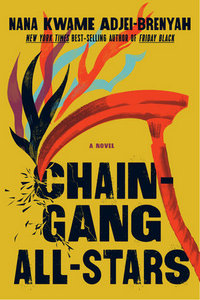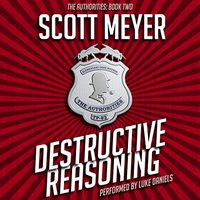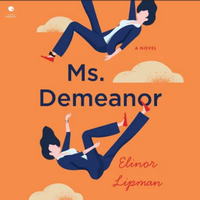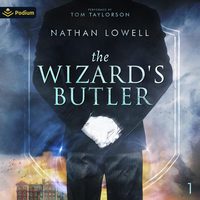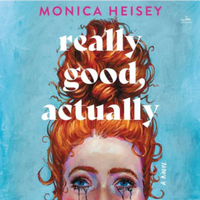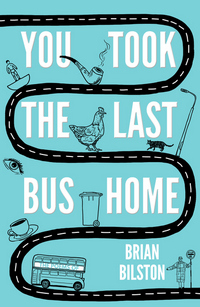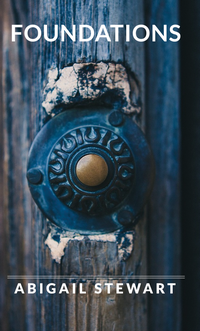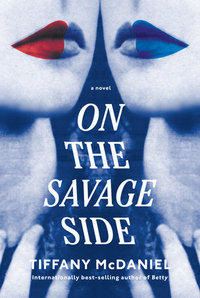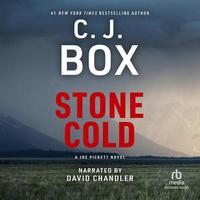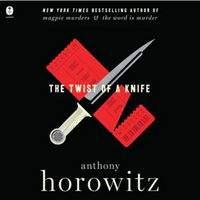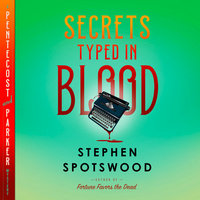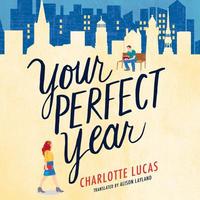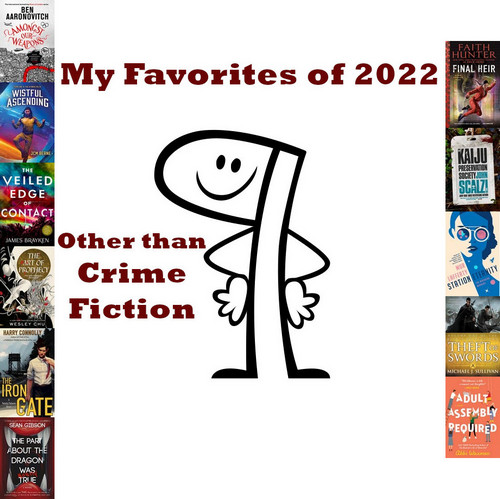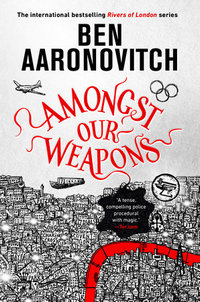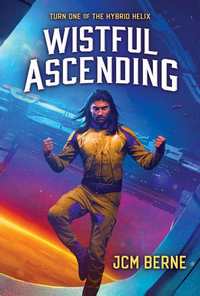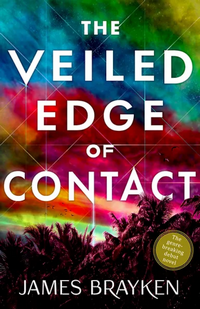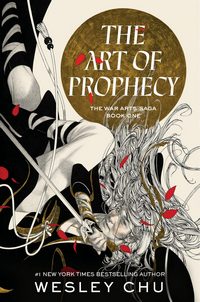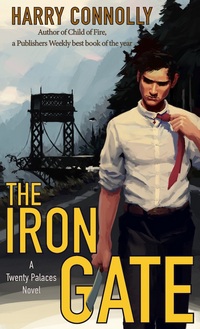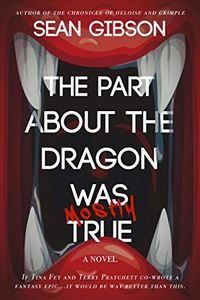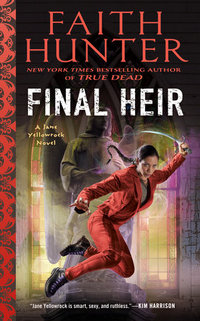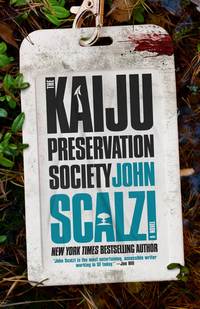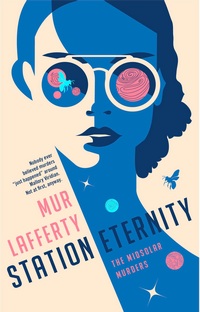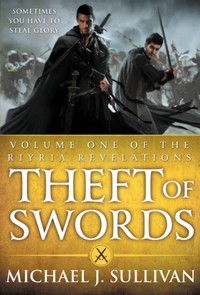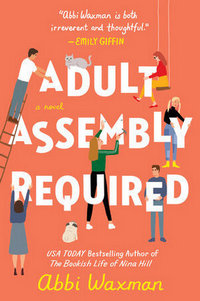by Nana Kwame Adjei-Brenyah
DETAILS:
Publisher: Pantheon
Publication Date: May 2, 2023
Format: eARC
Length: 348 pg.
Read Date: April 24-29, 2023

Before I begin, let me just say that you are wasting your time reading this post when you could be out buying or borrowing and reading this book.
If you’ve made the mistake of sticking around, I’ll go ahead and talk about the book, I guess. But really, your priorities are wrong.
What’s Chain-Gang All-Stars About?
In the not-too-distant future, laws regarding the incarceration of serious felons have been adjusted, and the Criminal Action Penal Entertainment program is born. Under CAPE, convicted murderers (many with other convictions as well) can be set free before the end of their sentence if they agree to participate. Participation however, could result in their violent death.
Under CAPE, these felons will face off one-on-one (sometimes two-on-two) against other felons in a fight to the death. If you survive a bout, you score some points and progress to the next fight (in a week or so). As you gain victories, you can earn points to be used for weapons, better food, clothing, equipment, etc. After three years, you will be released.
These felons are organized in Chain Gangs associated with the participating prisons. Links (as the fighters are called) in the same Chain do not face off against each other, and become (to varying degrees depending on their chain) teams—encouraging each other, giving tips, etc.
This has become the largest sports entertainment in the U.S. Throngs show up for live events or to watch a stream. You can also subscribe to almost constant live feeds of the Links between fights. Some fighters become superstars, with corporate sponsors, merchandise, inspiring their own fashion trends, etc.
Over the course of the novel, we follow (primarily) one Link from her initial bout to the final weeks of her time. We get to know her Chain—a couple of Links in particular—as well as Links from other Chains, so we can see how people join, survive, and (usually) die through this entertainment. We also get to know some of the executives and sportscasters becoming rich from this, some fans and subscribers—as well as some of the protestors trying to stop the program.
The Links
Most of the time we follow Loretta Thurwar and Hamara “Hurricane Staxxx” Stacker. LT’s on the verge of freedom, and Staxxx isn’t far behind. They try (with some success) to get their Chain to act differently, to help each other in ways others don’t. At the same time, they’re dealing with the emotions of LT not being around for much longer (one way or another) and Staxxx moving into the leadership role. We get to know them and their team, what brought them to this point in their lives, and what might be around the corner.
But we don’t just focus on those two—there are other Links, in other Chains, that we watch. Some as they make the transition from prisoner to Link, some in their early (and final) bouts. As horrible as the fights to the death are—and they are—it’s the time with these other Links that really cements the horror of what is happening to and through all the Links. There’s one man who spends a lot of time in solitary confinement and some of what he goes through made a bigger impact on me than the bloodiest death.
None of these links would claim to be a good person—well, there’s one wrongly convicted man, but his innocence doesn’t last long as a Link. They know they’re criminals, killers, and most would say they don’t deserve life or freedom. But none of them deserve this.
Everyone Else
As fantastic as the portions of the novel about the Links are, I think it’s these characters and seeing how they relate to CAPE that is the genius of the novel. A society cannot spend so much money (and earn it, too) on something like this without it shaping it and the people in it. Think of how so much of the US economy, news, and entertainment in January/February is devoted to the Super Bowl. Now magnify that, make it year-long, and add some serious ethical and moral issues.
The corporate figures are easy enough to write off as villains. And Adjei-Brenyah does that really well—but he makes sure we see them as human villains. The kind of people it’s easy to imagine existing given the right circumstances—these are not cartoons.
The protestors we see are complex as well—they’re smart, passionate people, who are trying their best to put an end to this modern slavery. They make bold moves, some stupid ones, too. But they also have to wrestle with the ramifications of their positions. One in particular is the child of a Link—she doesn’t have a relationship with him anymore, she doesn’t want anything to do with him but doesn’t want him killed in this way. But she doesn’t want him roaming around outside of a prison, either. There’s an honesty to the portrayal of these protestors that I find admirable—they may not have the answers about the right way to deal with serious criminals, but they do know what’s wrong and are willing to take their stand.
The portrayal that’s going to stay with me the longest is of a young woman who finds the matches distasteful—not necessarily morally repugnant, but not the kind of thing she wants to watch. But goes along with her boyfriend to placate him—he’s a giant fanboy with strong opinions and facts to back them up. He’s reciting them to her constantly, but she tries not to pay attention. She does start to get involved in the live streams about the out-of-combat lives of these Links—think Survivor meets Big Brother. She eventually becomes invested in some Links through those streams and that opens a can of worms.
The Endnotes
The Endnotes are a particularly interesting feature of this book—so interesting I’ll bite back my default complaint about choosing to use endnotes when footnotes exist.
In this novel, the notes are a fascinating combination. The first type are notes about the characters and events in the novel—a little more background, or other detail that doesn’t fit in the text proper. I don’t remember seeing this kind of footnote in a book as serious as this one, but Adjei-Brenyah pulled it off well.
The second type of endnote material cites laws (real and fictional), studies, and actual history surrounding the contemporary American penal system. In addition to being valuable information for the reader to have in general—or when it comes to talking about this book—this is a clever device for Adjei-Brenyah to keep it fresh in the reader’s mind that while this is a novel, it’s a novel well-grounded in things that matter—things he wants the reader to care about and hopefully take action in response to knowing this material.
So, what did I think about Chain-Gang All-Stars?
This is going to be one of the best books I’ve read in 2023. It’s well-written, the characters are fantastically drawn and depicted, the pacing is perfect—the story doesn’t stop moving, and the perspective jumps just draw you in closer. The moral and ethical questions are real, but not all of the answers are. I don’t know how you walk away from this book unmoved and unprovoked to think and perhaps act. There are moments when Adjei-Brenyah makes it clear that you can enjoy yourself with these characters—but there are many more that will make you hate this world. Most of those will remind you how easily it could be ours.
But you won’t stop turning the pages until the end.
There’s so much that I want to talk about, so many things that Adjei-Brenyah did that many writers don’t—or wouldn’t have thought of. But I just don’t have the time to get into it (or I’d ruin the experience for you).
Here’s one example. At some point around the 20% mark, we’re given an (well-executed and seamless) infodump, that largely serves to tell the reader that anything they’ve surmised about the CAPE program is correct (or to adjust any misunderstandings, I guess) and to give a few more details. A well-timed and well-executed infodump is great to find—one that’s largely a reaffirmation is even better. That affirmation is welcome so that you can move on with certainty.
The author talks about changes in his outlook on the American penal system during the writing and research he did for this book. I don’t know that I can agree with him on those, but it’s something I had to consider because of the novel. And I can certainly empathize with his thinking. I can’t imagine there are many who don’t think our penal system needs reformation of some kind—there’s little agreement on what needs reform, and less on how it should be done. But a side-benefit of this novel is that the reader will have to think about their own positions some. It’s not all a diatribe about our prisons—it’s a book that you can just read for the story—but you’ll not want to.
Lastly, for a book that’s about death—violent death at the hands of violent people who only hope to go on so they can kill again—the book is really about life. It’s a celebration of life, a call to protect it, a call to see it for what it is. It’s a reminder that “where life is precious, life is precious.”
Disclaimer: I received this eARC from Knopf, Pantheon, Vintage, and Anchor via NetGalley in exchange for this post—thanks to both for this.

This post contains an affiliate link. If you purchase from it, I will get a small commission at no additional cost to you. As always, the opinions expressed are my own.

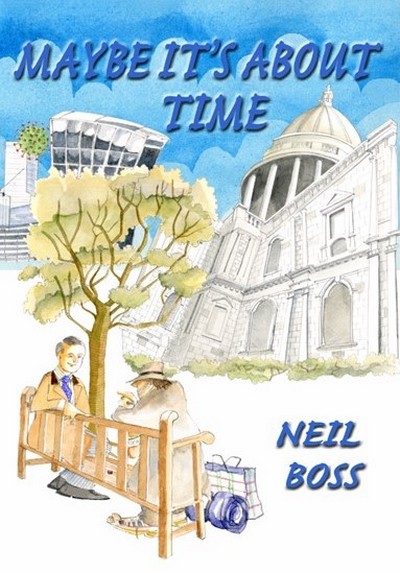

 I retired from a career in the corporate world in November 2019 with three objectives. To travel around the world and fly fish in the most exotic locations, to play my electric guitar better than I do and to write a novel that I could be genuinely proud of. The pandemic and lockdown in March 2020 put my first two objectives on hold leaving me no option but to start writing. Two and half years later, ‘Maybe It’s About Time’, my first novel, was published.
I retired from a career in the corporate world in November 2019 with three objectives. To travel around the world and fly fish in the most exotic locations, to play my electric guitar better than I do and to write a novel that I could be genuinely proud of. The pandemic and lockdown in March 2020 put my first two objectives on hold leaving me no option but to start writing. Two and half years later, ‘Maybe It’s About Time’, my first novel, was published.
